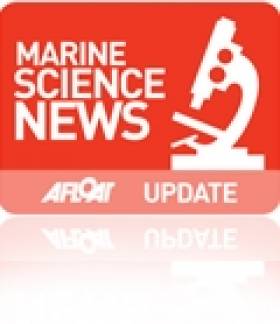Displaying items by tag: Formula 1
Prince Albert II of Monaco to Visit Marine Institute
Prince Albert's visit to the Marine Institute headquarters in Oranmore will be held on the final day of the visit on 6 April. Prior to that the prince will hold meetings with An Taoiseach, Enda Kenny, minister for the marine, Simon Coveney, minister for the environment, Phil Hogan and Dublin's Lord Mayor, Gerry Breen.
The Head of Monaco will open an exhibition in honour of his late mother at Farmleigh House and the prince will host a reception to highlight Irish literature and art. In addition to honouring the royal visit a state dinner will be held by President Mary McAleese.
The world's second smallest state is home to the Musée Océanographique de Monaco which has an impressive collection of aquariums. Though the principality is more synonymous with the hosting of Formula 1 Grand Prix. The event is at the end of May and is expected to attract a higher than usual number of cruiseships totalling 12 cruise-calls.
Mostly they will be on charter and accompanied by mega-yachts which are to dock at the outer pier or anchor offshore and along the French Riviera at Villefranche, Nice and Cannes. At the far side of summer Monte Carlo's Port Hercule is also to host the Monaco Yacht Show in September.
- Newport
- Marine Institute
- Co. Galway
- Monaco Yacht Show
- Cruiseships
- Ports and Shipping News
- Oranmore
- Galway Bay News
- Cruisecalls
- Prince Albert II
- Prince Albert of Monaco
- Prince Rainier III
- Princess Grace
- Grace Kelly
- Hollywood
- Port Hercule
- Principality
- Co.Mayo
- Charle Wittstock
- Formula 1
- Grand Prix
- Megayachts
- Musée Océanographique
























































